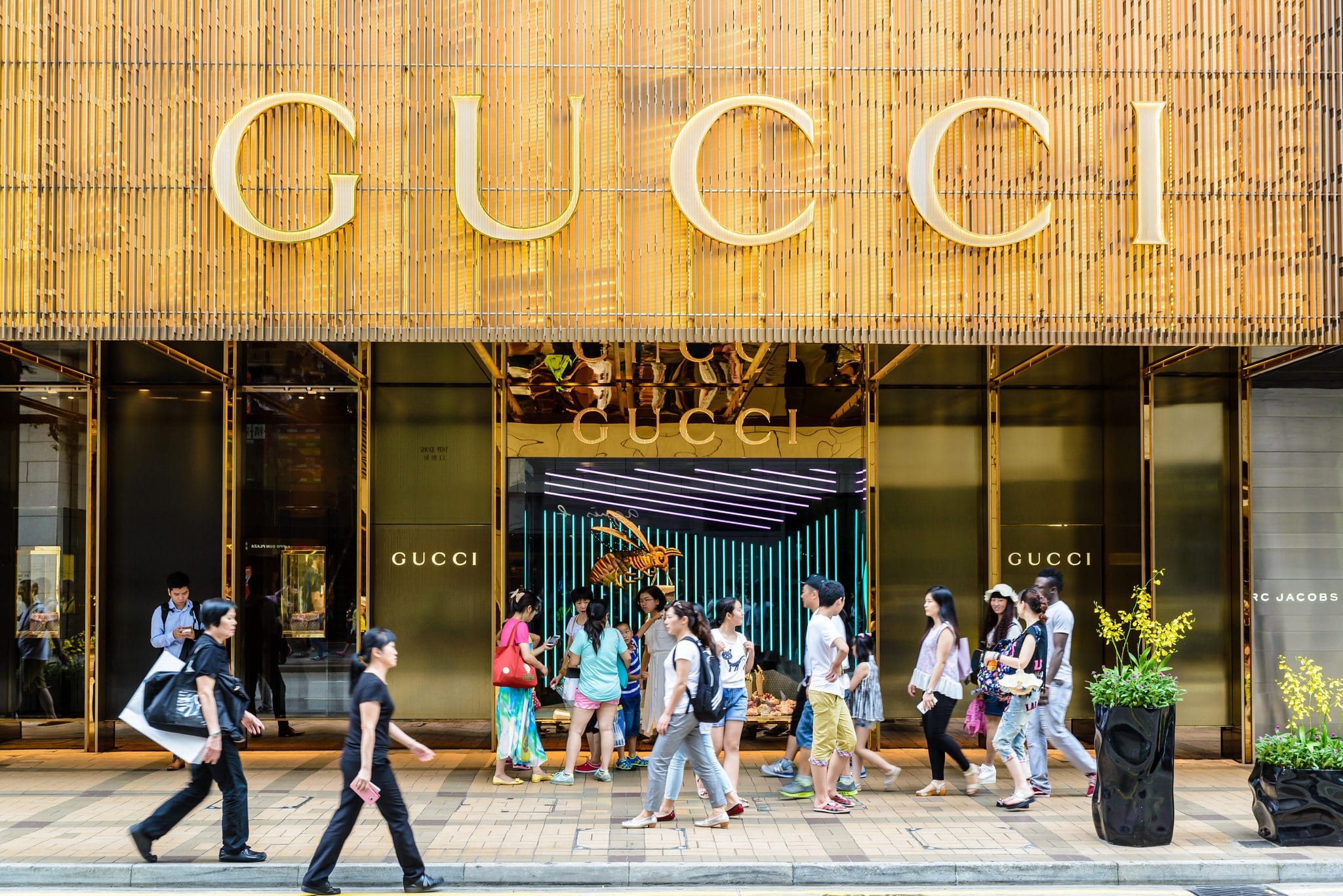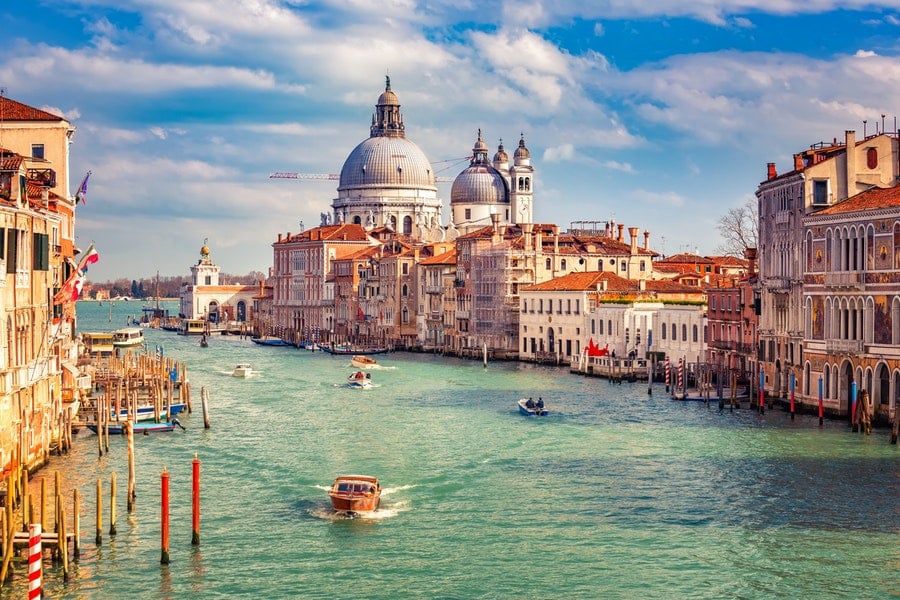Is China going to be a long-term burden on luxury goods? While Shanghai, the country’s most populous metropolis, has been on lockdown since early April and new restrictions have come into effect in some areas of Beijing, the horizon remains unclear in the Middle Kingdom. And while the rebound of the second largest luxury market, behind Uncle Sam, has well and truly drawn the resilience of the sector in 2021, its current situation challenges players and specialists of the sector.
According to some analysts interviewed by the economic press, the fate of the companies facing the situation is not homogeneous. Some, such as Gucci (Kering Group) or Italian or American brands embodying more accessible luxury, are more exposed than Hermès or the Lvmh labels, which are better distributed geographically.
First quarter still resilient
In the first quarter of 2022, however, the effect was not yet too legible.
The Kering and Lvmh groups thus achieved growth in the same range, +27% to 4.95 billion euros for the former and +29% to 18 billion euros for the latter . When the results were announced on April 12, Lvmh seemed more concerned about the situation in Ukraine, where it had to close its 124 stores in Russia in early March. The group’s growth in Asia (excluding Japan) of the world’s number one luxury goods company was, however, slowed (+8% compared to +86% in the first quarter of 2021) in the first quarter, due to the strengthening of health restrictions in China. This is despite the fact that Louis Vuitton, its mainstay, has about 50 stores there.
But at Kering, the growth of its flagship house Gucci, which has long posted spectacular increases, was “only” +19.5% to 2.59 billion euros during the first three months 2022. In the wake of the announcement, on April 21, the stock market had immediately reacted negatively even though the overall performance of the Kering group in the first quarter was well oriented. François-Henri Pinault admitted that “the growth” of the brand with 2 Gs, “very sustained in North America and Europe, is affected by its exposure to China, where we are strengthening its organization to capture all the dynamism of this market. In mid-March, according to the business press, 10% of Gucci’s Chinese stores (about 50) had already been closed. The group’s CEO had also stressed “start 2022 with a very solid quarter” but “in a more uncertain environment, particularly impacted since March by restrictions due to Covid in China.
Closures in Shanghai, the luxury hub
Hermès got off to a flying start in the first quarter with a 27% increase in sales (at constant exchange rates) to 2.8 billion euros. The saddlery company has thus largely exceeded the forecasts of analysts who were expecting an average increase of +15%. But while it was driven by demand in Europe and the United States, it stalled in March in China. Eric du Halgouet, the financial director, reported a good start to the year in the country until this month, during which some stores had to close. Of its 20 or so units, three have closed in Shanghai. And yet, this city is very emblematic: this Chinese luxury hub is said to account for 9% of global sales in the sector! In mid-April, Eric du Halgouet hoped “that these stores would reopen quickly”. At the time, he mentioned the group’s “confidence”, with “fundamentals” still “excellent” in China.
But almost a month after these quarterly announcements and the general meetings of luxury groups, more than a third of the sector’s stores are now closed in the Middle Kingdom. On May 5, the Italian manufacturer of luxury down jackets Moncler said that 30% (against 10% in March) of its forty Chinese stores were closed. However, according to the CEO, Remo Ruffin, who still says he is “optimistic”, its priority markets are still China and the United States, with even a target of “50% growth by 2024”.
In any case, many luxury observers now believe that China will take longer than expected to regain its pace. This is especially true since online shopping, a strong lever in China, is also likely to be held back by logistical difficulties. Some are hoping for a recovery on the eve of summer. But no one is venturing any definitive predictions. And everyone will be watching carefully the Chinese decisions in the coming weeks regarding Covid.
Read also > CHIARA FERRAGNI APPOINTED TO THE BOARD OF DIRECTORS OF TOD’S
Featured photos : © Press








